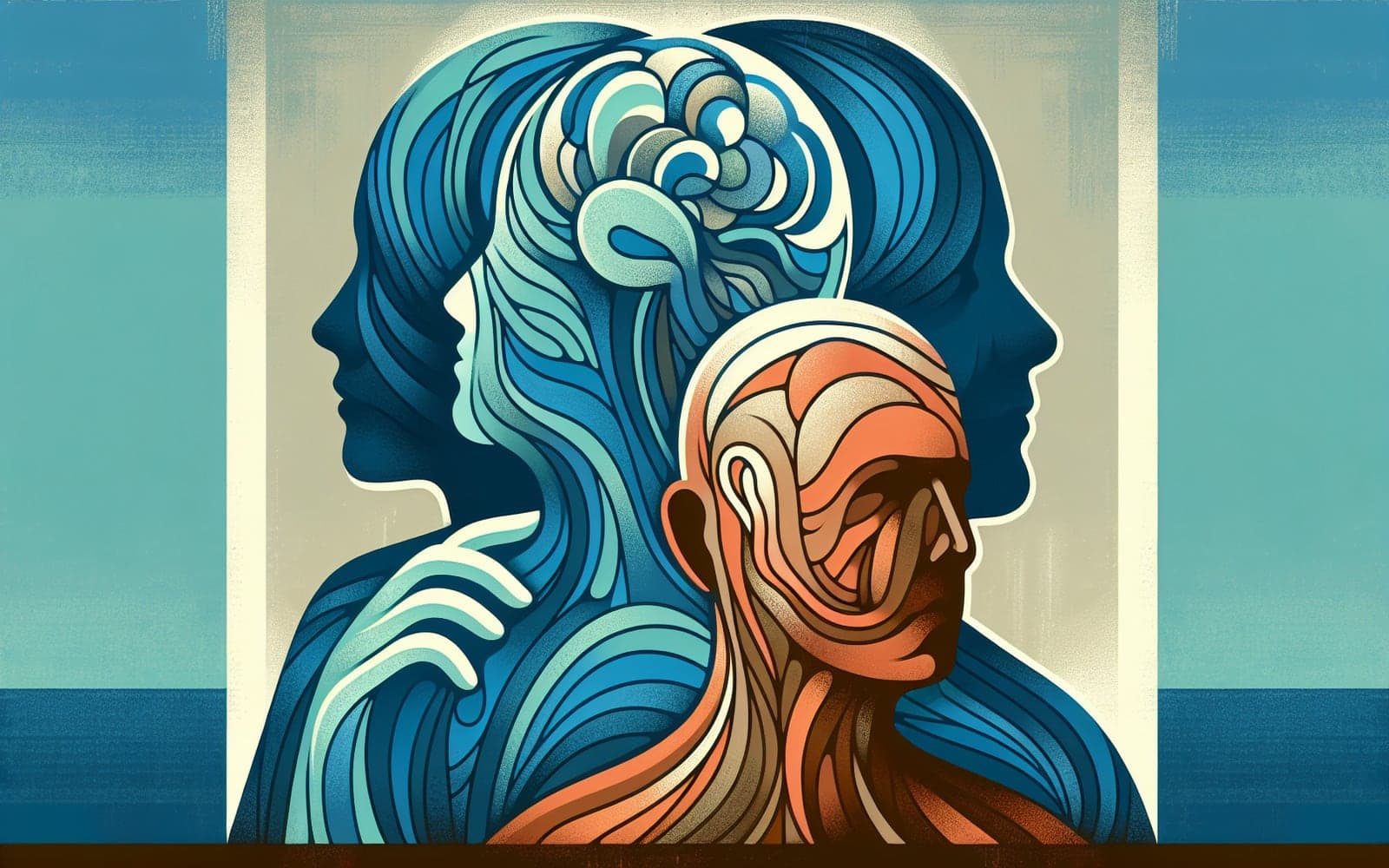Understanding Dementia: What's Really Going On?
Published: Sep 11, 2024

Medically reviewed by Alan Lucks | MD, Alan Lucks MDPC Private Practice - New York on September 11th, 2024.
Dementia affects millions, but what exactly is going on in the brain? Let's break down this complex condition into understandable terms.
Contents
What's Happening in the Brain?
In dementia, certain brain cells begin to die, affecting memory and thinking abilities. This process commonly involves a decrease in acetylcholine, a chemical that helps with memory. Over time, this leads to the symptoms we associate with dementia.
Different Types of Dementia
Alzheimer's disease is the most common form of dementia. Other types include dementia with Lewy bodies and vascular dementia, each with unique characteristics. Symptoms and progression can vary greatly depending on the type.

Managing Dementia Symptoms
While there's no cure, medications like cholinesterase inhibitors can help manage symptoms. Lifestyle changes, cognitive therapy, and support can also play a crucial role in improving quality of life.
Frequently Asked Questions
It's a decline in memory and thinking skills.
Brain cell death and chemical imbalances.
Yes, like Alzheimer's and vascular dementia.
No, but symptoms can be managed.
Key Takeaways
Understanding dementia helps in managing its impact on life.
Want to learn more about dementia? Discuss it with Doctronic now!Related Articles
References
Doody RS, Stevens JC, Beck C, et al. Practice parameter: management of dementia (an evidence-based review). Neurology 2001; 56:1154.
Gauthier S, Patterson C, Chertkow H, et al. 4th Canadian Consensus Conference on the Diagnosis and Treatment of Dementia. Can J Neurol Sci 2012; 39:S1.
This article has been reviewed for accuracy by one of the licensed medical doctors working for Doctronic. Always discuss health information with your healthcare provider.

